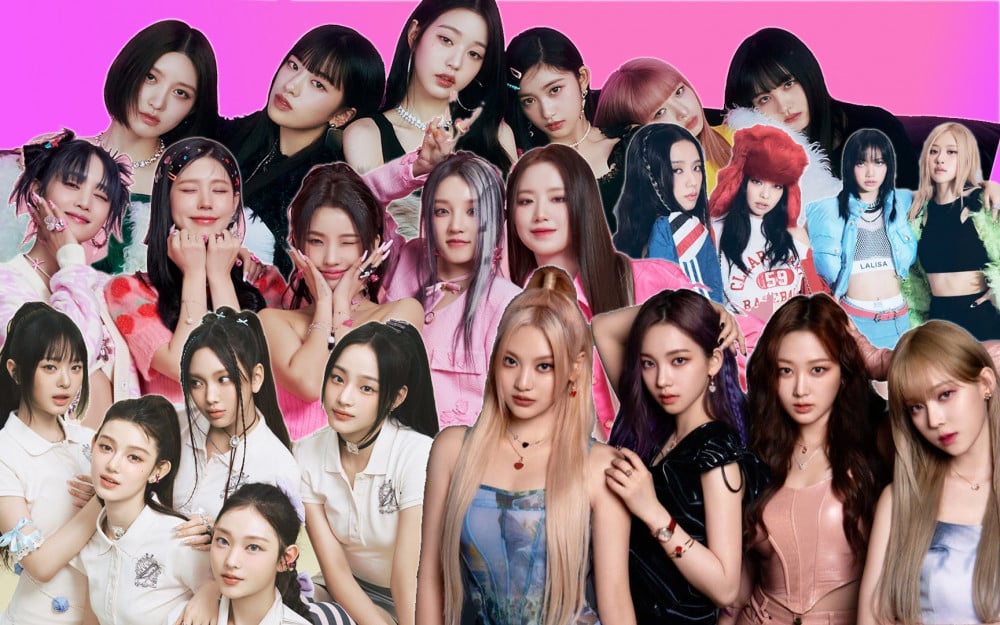
With K-pop gaining worldwide popularity, it has been revealed that the proportion of English lyrics in songs has significantly increased. This trend is particularly prominent in girl groups.
According to Kim Jin Woo, the chief researcher at Circle Chart (formerly Gaon), revealed that the ratio of English lyrics had predominately increased in girl group songs. In the first half of this year, the percentage of English lyrics in the songs of girl groups that made it to the top 400 of the digital charts increased by 18.9% compared to the same period in 2018, reaching 41.3%.
Among specific groups, (G)I-DLE had the highest percentage of English lyrics in their songs in the first half of this year, at 53.6%. They were followed by LE SSERAFIM at 50.6%, BLACKPINK at 50%, NMIXX at 49.3%, and NewJeans at 48.4%.
On the other hand, IVE's lyrics had a lower proportion of English lyrics at 24.9%.
The majority of these English lyrics featured common words such as "I," "You," "Like," "Love," and similar sentimentally-charged terms.
The research analyst stated, "After BLACKPINK's global success, the girl group market, which was previously domestic-focused, expanded to international audiences, leading to an increase in the use of English lyrics. The more international the fan base, the higher the percentage of English lyrics in the songs."
Additionally, Kang Tae Gyu, a popular music critic, pointed out, "The MZ generation has no aversion to English lyrics, and this phenomenon is reflected in the actual music charts. There is no longer a need to restrict lyrics to just Korean."
Meanwhile, boy groups have also seen an increase in the proportion of English lyrics in their songs. However, the increased rate has been relatively lower.
In the case of boy groups, the percentage of English lyrics in the songs in the first half of this year was recorded at 24.3%, showing a 5.6 % increase compared to the first half of 2018.
Research analyst Kim Jin Woo explained, "Girl groups are strategizing to appeal not only to fandoms but also to a broader global audience, thereby distinguishing themselves from male idol groups that primarily focus on fandoms."
This phenomenon has already been noticed by netizens and K-pop listeners. Many have pointed out that K-pop songs are no longer primarily Korean but are in English.
Korean netizens commented, "I don't like that Korean idols are now releasing songs that are mostly English," "Why are they releasing English songs and calling it Korean pop?" "K-pop has gotten to a point where I have to see the lyrics to understand what they are singing," "I really don't like these full-English songs," "If it's all English, it should be just called pop not K-pop," "I like listening to Korean songs for sure," "I'm a K-pop fan and I am not a fan of this phenomenon," "After this global popularity, K-pop is losing its identity is what I feel," and "I usually remove all English songs from my playlist."
 SHARE
SHARE
















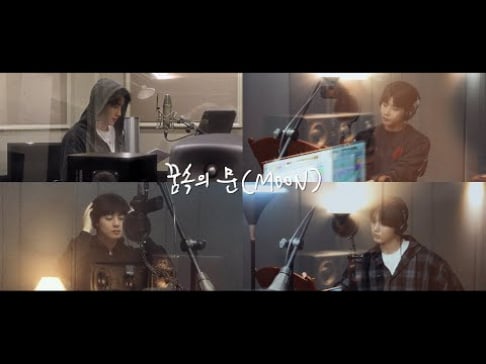






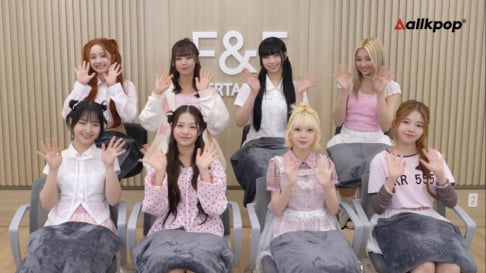
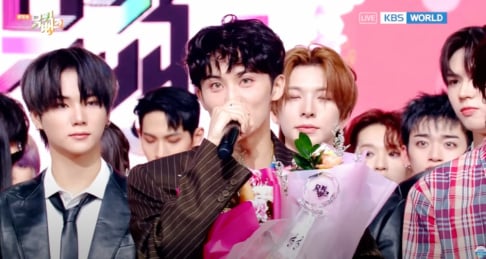




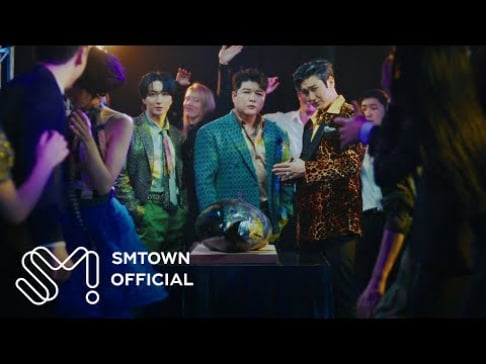

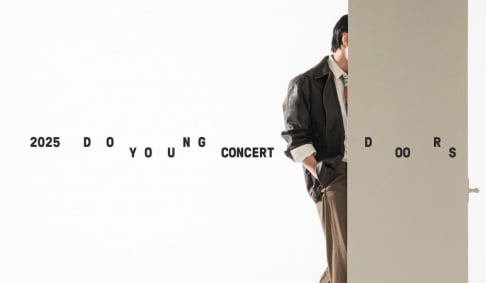
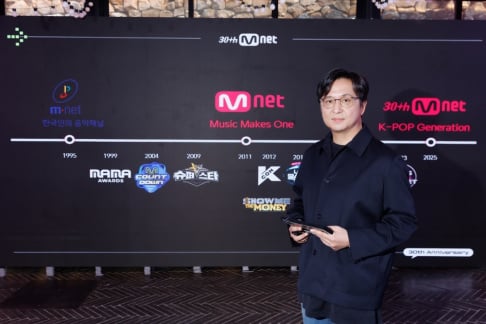
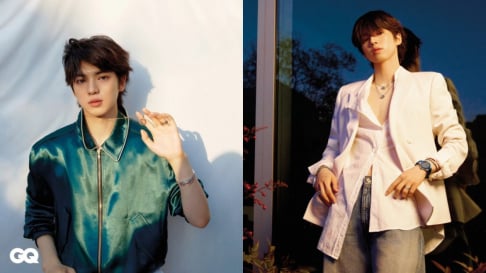
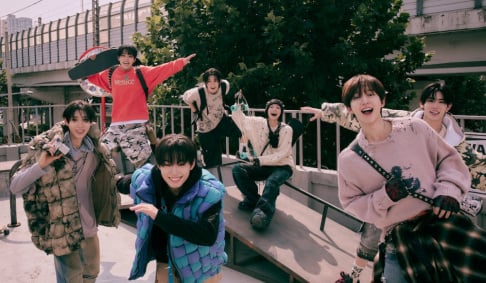
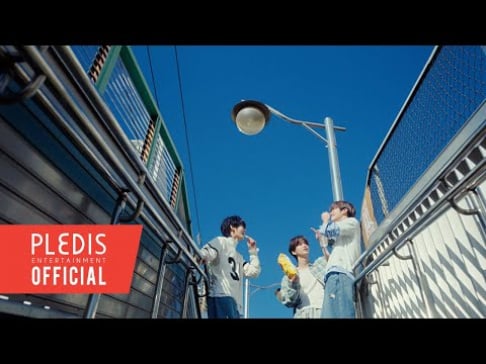






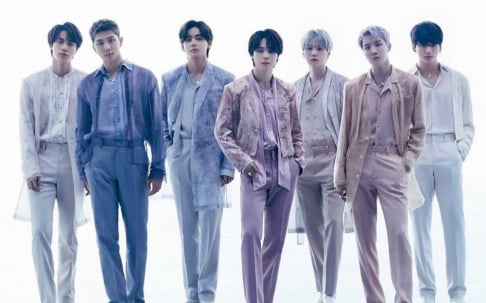






The effectiveness of increasing your audience by adding lyrics in an International language speaks for itself. It makes money at the end of the day.
1 more reply